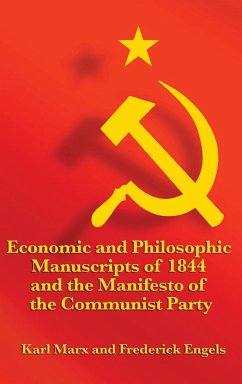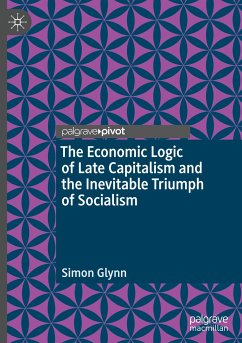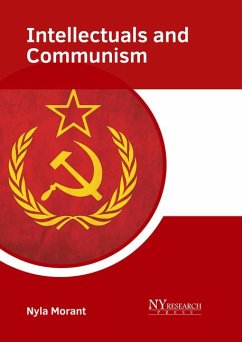
Economic and Philosophic Manuscripts of 1844
Versandkostenfrei!
Versandfertig in über 4 Wochen
10,99 €
inkl. MwSt.
Weitere Ausgaben:

PAYBACK Punkte
5 °P sammeln!
In the Economic and Philosophic Manuscripts of 1844 Marx explains how under capitalism people rely on labor to live. In the past people could rely on Nature itself for their natural needs; in modern society if one wants to eat one must work: it is only through money that one may survive. Thus man becomes a slave to his wages. It is only through his work that he can find enough money to continue to live; but he doesn't simply live he actually only survives as a worker. Labor is only used to create more wealth instead of achieving the fulfillment of human nature.Wilder Publications is a green pu...
In the Economic and Philosophic Manuscripts of 1844 Marx explains how under capitalism people rely on labor to live. In the past people could rely on Nature itself for their natural needs; in modern society if one wants to eat one must work: it is only through money that one may survive. Thus man becomes a slave to his wages. It is only through his work that he can find enough money to continue to live; but he doesn't simply live he actually only survives as a worker. Labor is only used to create more wealth instead of achieving the fulfillment of human nature.Wilder Publications is a green publisher. All of our books are printed to order. This reduces waste and helps us keep prices low while greatly reducing our impact on the environment.













